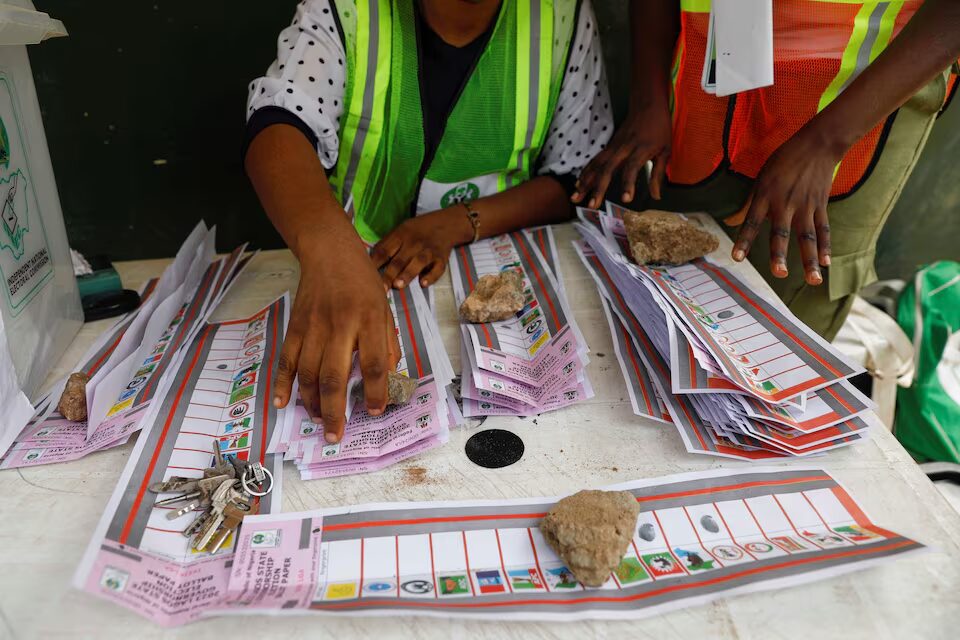
Monday 22nd September 2025

by inAfrika Reporter
Nigeria cholera outbreak has killed 58 people and infected more than 250 in Bauchi State, officials said on Friday. The deputy governor announced new emergency committees to coordinate treatment and prevention. Health teams began door-to-door checks and rushed oral rehydration salts to affected wards.
Bauchi authorities reported 258 cases and 58 fatalities since the latest wave started. Clinics opened extra observation bays for dehydration cases. Ambulances moved severe patients to referral hospitals. Teams collected water samples and mapped households with suspected contamination. State officials said they will brief the federal centre daily until the curve bends.
The Nigeria Centre for Disease Control and Prevention backed the plan. It sent rapid responders and lab supplies to speed confirmation tests. Community leaders helped publish boil-water guidance and safe burial rules. Local radio carried short messages on fluids, hygiene, and when to go to a clinic.
Doctors tied the spike to unsafe water and poor sanitation in dense areas. Open wells and informal taps expose families to Vibrio cholerae after heavy rain. Health workers urged households to boil or chlorinate water, wash hands with soap, and keep latrines sealed. They warned against food sold without clean water nearby. Officials said these steps can cut transmission fast when people adopt them widely.
Vaccination teams prepared cholera shots for high-risk wards if supplies arrive. Engineers assessed broken pipes and clogged drains that collect runoff. The state asked contractors to clear refuse around markets and schools. Public works crews began repairs at priority leaks. Authorities said infrastructure fixes will continue after the outbreak eases.
The state set up a central command post for data, logistics, and lab results. Daily numbers will guide where to send chlorine, IV fluids, and staff. The government said it will publish updates until cases fall and hospitals return to normal loads. Federal officials plan a review of water, sanitation, and hygiene gaps once the emergency ends. They said that review will push long-term projects in the worst-hit districts.
Hospitals urged residents to seek help early. Severe dehydration can kill within hours without fluids and antibiotics. Clinicians asked community groups to continue home visits and to call for transport when patients become weak. Officials expect case counts to change as labs confirm or rule out suspected infections.


